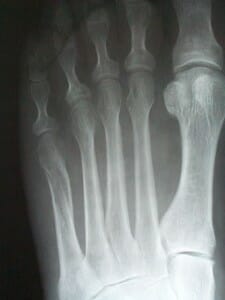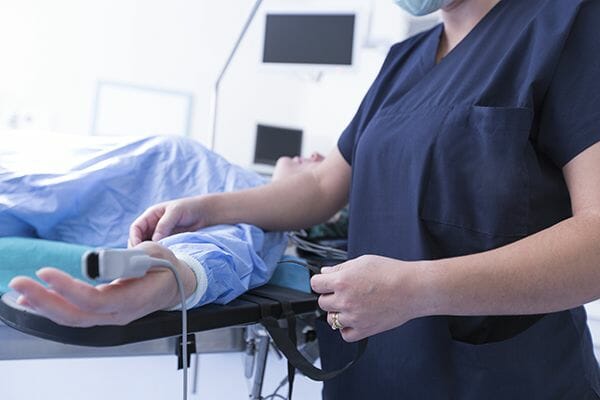Better training in GP care is said to be preventing strokes – thousands every year, according to new research.
Atrial Fibrillation (AF)
It has shown that GPs are getting better at identifying people with a common form of heart arrhythmia known as atrial fibrillation (AF), a condition where the heart beats irregularly and often very fast.
The exact cause is not known, but risk factors include increased age, male sex, high blood pressure, heart valve disease, diabetes, and thyroid disease.
According to Public Health England (PHE), an estimated 1.7m in the UK live with AF.
People with the condition are four times more likely to suffer from a stroke, and the strokes they suffer are more likely to leave them disabled or result in death. However, two-thirds of these strokes can be prevented with anticoagulants – drugs that prevent blood clotting.
In 2000, only 35% of patients with atrial fibrillation received anticoagulants. By 2016, this figure has more than doubled to 76%. Research has estimated that these improvements in care prevent at least 7,000 strokes a year.
Technology’s Role in Preventing Strokes
Additionally; Hundreds of devices including mobile electrocardiogram (ECG) units were distributed to North West London GP practices, pharmacies and NHS community clinics during National Heart Month this February. This new range of technology being rolled out can detect irregular heart rhythm quickly and easily, enabling NHS staff to refer any patients with irregular heart rhythms for a follow-up.
Experts estimate that more than 17,000 people across North West London have undiagnosed irregular heart rhythm, which can cause a stroke if not detected and treated appropriately, usually through blood-thinning medication to prevent clots that lead to stroke.
The range of technology includes a smartphone-linked device that works via an app and a new blood pressure cuff that also detects heart rhythms. Small and easy-to-use, NHS staff can also take the devices on home visits and allow more staff in more settings to quickly and easily conduct pulse checks.
The mobile devices provide a far more sensitive and specific pulse check than a manual check and this reduces costly and unnecessary 12 lead ECGs to confirm diagnosis. As a result, the project across England aims to identify 45,474 new cases of irregular heart rhythms (known as Atrial Fibrillation) over two years, which could prevent at least 924 strokes and save £20.6 million in associated health and costs annually.
Professor Gary Ford, Stroke Physician and lead on the project for the Academic Health Science Networks said: “More than 420,000 people throughout England are unaware they have irregular heart rhythms and of the dangers that this can pose to their health. We have highly effective treatments that can prevent these strokes, but early detection is key. Using cost-effective technology, the NHS will now be able to identify people with irregular heart rhythms quickly and easily. This will save lives.”





